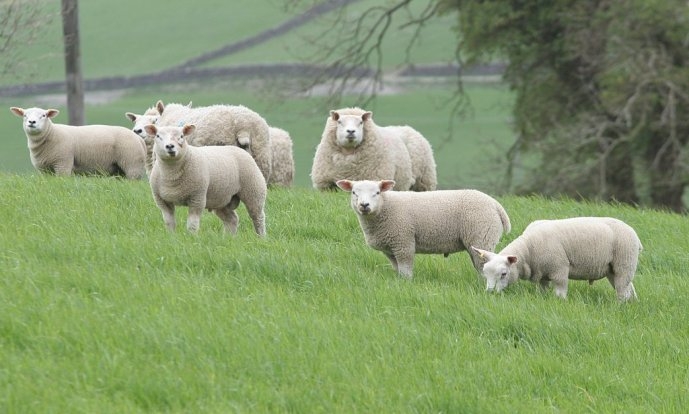
This article reveals a large gap in the communication process between farmers and research, as information gleaned over 10 years on hill country operations has failed to reach its destination, and earn a return for the stakeholders.
This is a shocking indictment on all concerned, that in an area that has been under real pressure over the last decade, hill country farming, this research has not got back to where it is most valuable.
This lack of extension investment coupled with poor research funding is also seen in other areas of agriculture. This site has commented in the past about the agricultural universities lack of research and extension investment that was common place years ago.
We need to return to the days when all farmers would relate to the farm management leaders and the extension facilities they used to push the boundaries in their field. Professor Stewart and the Ashley Dene farm was an example most dryland farmers would remember.
Our farm management leaders and the extension work they do are relatively anonymous today, not because of their ability, but because of lack of funding in people and resources in this field.
This story proves that those linkages between research and farmers are broken, and need to be repaired if the backbone of pastoral farming in NZ, the hill country, is to progress.
Research into sustainable hill country farming is going unread by farmers because AgResearch has no mechanism to deliver it, writes The Waikato Times. Drystock farmers have received just one report in a decade on work at AgResearch's Whatawhata Hill Country Research Station near Hamilton - angering the research institute's retiring commercial team leader for agriculture and the environment, Dr Gavin Sheath.
Environment Waikato programme manager for coastland and wetland Dr Peter Singleton told the group, which meets every six months to focus on sustainable and profitable farming, they had ''years and years of research'' from the Whatawhata research station to learn from. That prompted Waikato Federated Farmers meat and fibre chairman John Mills to reveal farmers had only one report of station research in the last 10 or 15 years. ''We, as farmers, are not given very much information,'' Mr Mills said.
Dr Sheath told the group meeting, they had not been given access to research over the last decade or so because the station was underfunded by the drystock sector. ''There's two farm staff there now. If there's no investment from the sector than there's no people, and it's a bloody waste because there's good stuff sitting there.'' Three Beef & Lamb New Zealand directors visited the station last week, a year after Richard Wakelin, general manager of the farmer levy-funded organisation's farm section suggested the station could get a new lease of life as a demonstration farm.
3 Comments
"AgResearch has no mechanism to deliver it"......bollocks...they have a website don't they!
Wolly, a website is just a tool, you need people to write reports to post on it, and someone has to pay for their time. People-time is the mechanism to deliver anything, and that is the issue identified in the article.
Silly me...fancy expecting the scientists to post their discoveries on a website...!
We welcome your comments below. If you are not already registered, please register to comment
Remember we welcome robust, respectful and insightful debate. We don't welcome abusive or defamatory comments and will de-register those repeatedly making such comments. Our current comment policy is here.